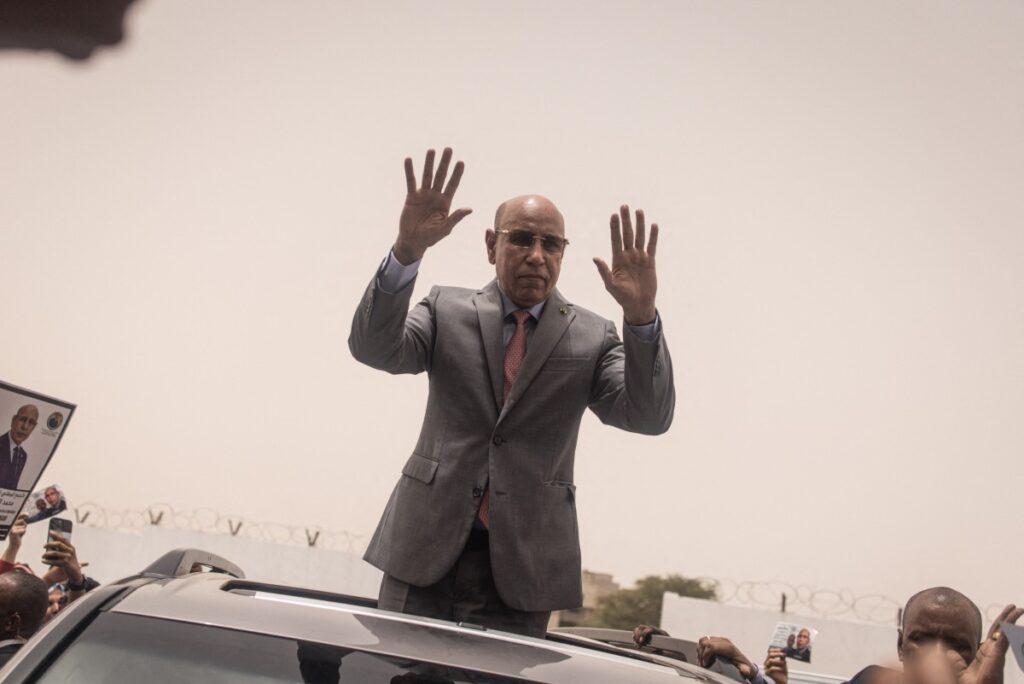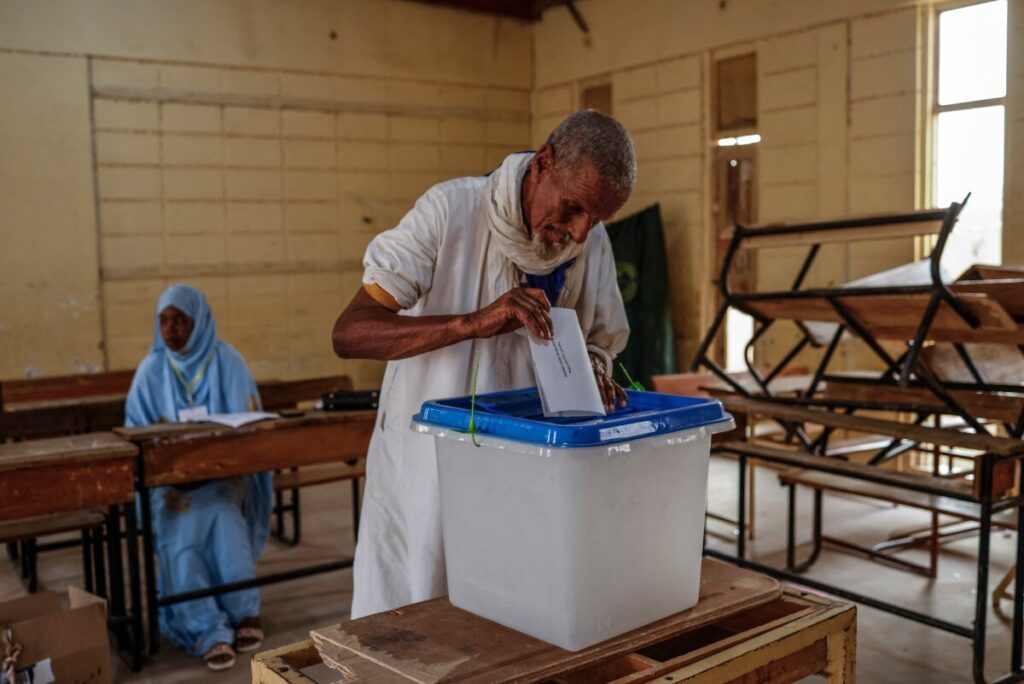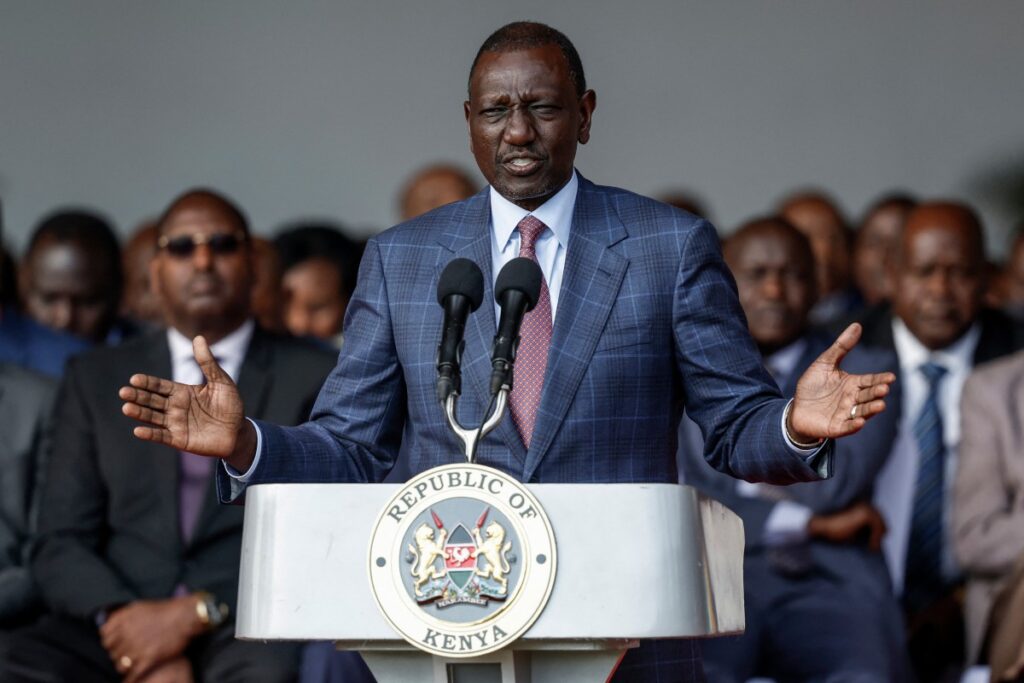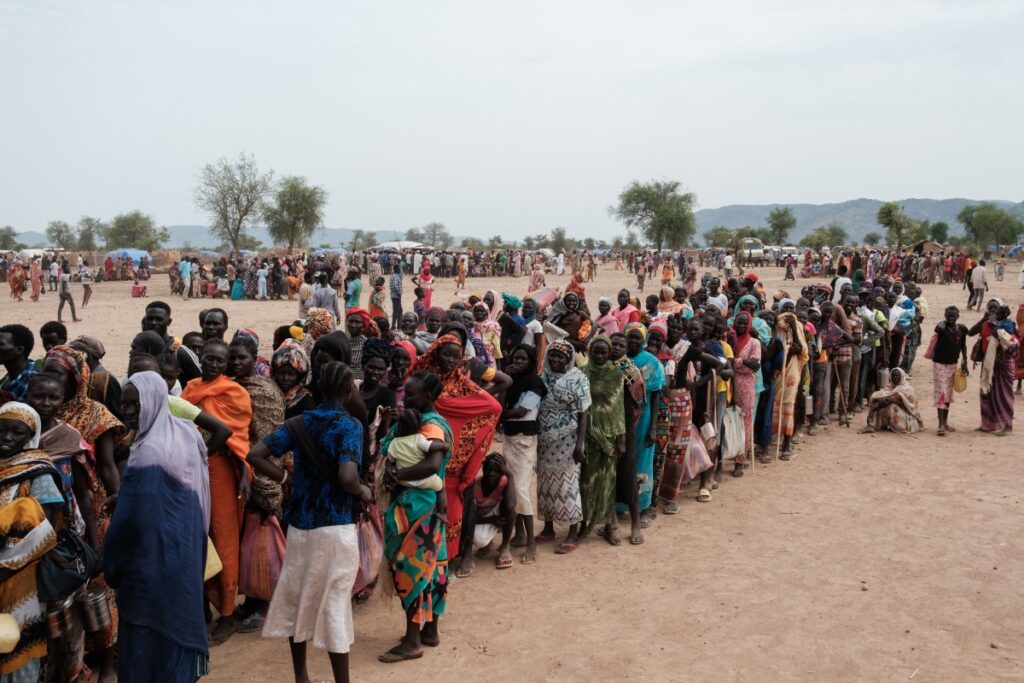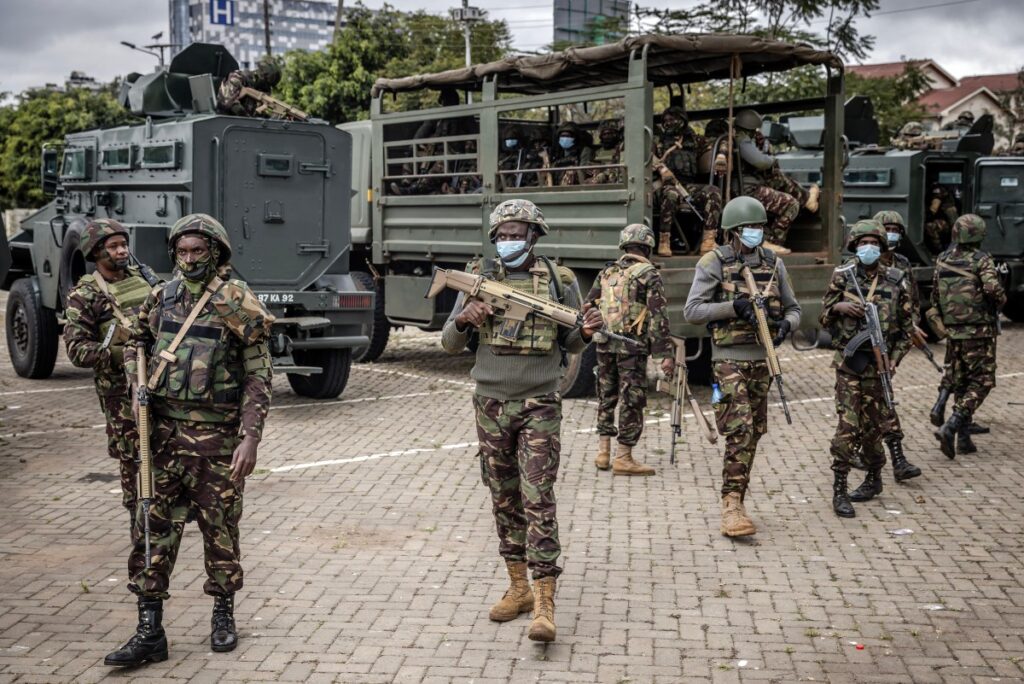
Junta-led Niger cut military ties with the United States in March because it threatened sanctions, Prime Minister Ali Mahaman Lamine Zeine said in a Washington Post interview published Tuesday.
Niamey announced in mid-March it was ending a military cooperation agreement with Washington, shortly after a US delegation left the Sahelian country.
Niger has been a key base for counter-terrorism operations in West Africa, with a major US drone base near Agadez city.
Zeine said Assistant Secretary of State for African Affairs, Molly Phee, who led the delegation’s visit, threatened Niamey with sanctions if Niger signed an agreement to sell the uranium it produces to Iran.
“First, you have come here to threaten us in our country. That is unacceptable,” Zeine said he told Phee.
“And you have come here to tell us with whom we can have relationships, which is also unacceptable. And you have done it all with a condescending tone and a lack of respect,” Zeine recounted.
The United States in April agreed to withdraw the more than 1,000 American personnel and discussions with Niger are underway.
“The Americans stayed on our soil, doing nothing while the terrorists killed people and burned towns,” said Zeine, who has led negotiations with the United States.
“It is not a sign of friendship to come on our soil but let the terrorists attack us.
“We have seen what the United States will do to defend its allies, because we have seen Ukraine and Israel.”
After a July coup last year overthrew elected president Mohamed Bazoum, the United States suspended military support.
By contrast, Russia, Turkey and the United Arab Emirates welcomed the new leaders with “open arms”, Zeine told the Post.
Following the coup, the junta expelled troops from former colonial power France before the end of 2023 and ramped up ties with Russia, which sent military instructors and equipment in April and May.
US development aid is set to continue with a new agreement worth almost $500 million over three years, according to the Niger Ministry of Foreign Affairs.


